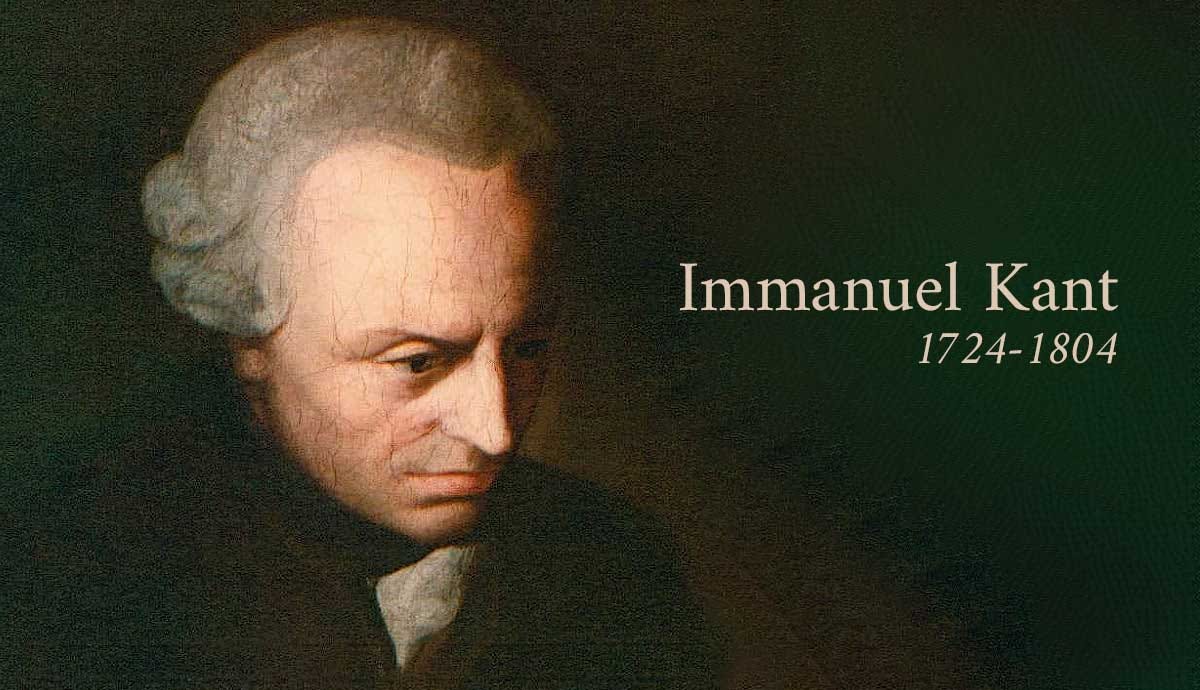A Critique of Kant’s View of Knowledge
For starters, who is Immanuel Kant and why does it matter? Why should Christians even care? Kant’s philosophy poses substantial challenges to the Christian faith and changed the way the modern world thinks about knowledge. Kant said that the mind doesn’t simply receive truth from the world or from God; instead, the mind actively shapes what we call “truth.”
While that might sound crafty, it has enormous consequences. In the end, it turns truth into something man-centered instead of God-centered.
Kant’s enterprising philosophy not only destroys knowledge of God, Christianity, and morality, but it also destroys rationality. Truth, by its very definition, is logically necessary. On the other hand, man is not logically necessary. Yet, truth must be necessary if there are to be contingent truths. The elimination of necessary truth undercuts all truth, even contingent truth. Necessary truth is the ultimate ground for all truth.
Think of it this way: If man becomes the ground, or source, of truth, and man is not a necessary being, it follows necessarily that necessary truth does not exist. And if necessary truth does not exist, neither do the laws of logic. And if the laws of logic do not exist, then everything reduces to an absurd irrationalism.
Kant believed that our minds didn’t just take in information about reality. Instead, it serves as an organizing filter. The mind essentially organizes human experiences into categories. For example, things like time, space, and the notion of cause and effect. This led Kant to think that we can only know the world as it appears to us, but not as it really is. For Kant, the real world lies beyond our reach and experience, and this includes things like God, the human soul, and especially eternity.
This kind of thinking has extreme consequences that we feel to this day. Consequences that I do not think Kant could have ever imagined. It meant that human knowledge is limited to what we can experience and what the mind can process. God, therefore, according to Kant’s epistemology, is unknowable. Since God cannot be “experienced” or “measured” so to speak, we can’t know Him. It is important to remind the reader that this experience takes place in the senses.


